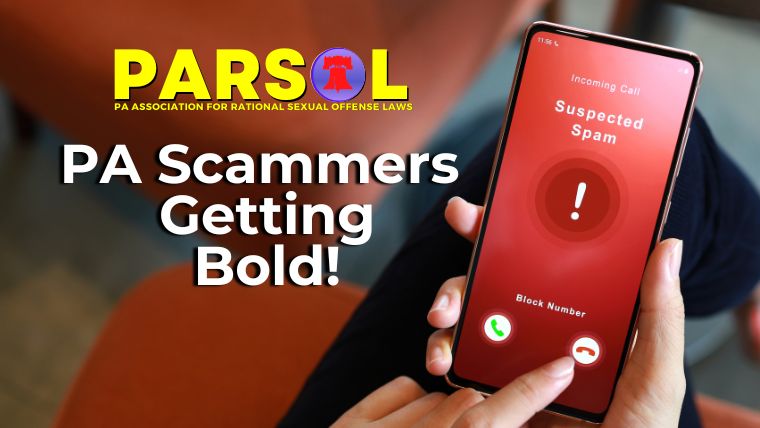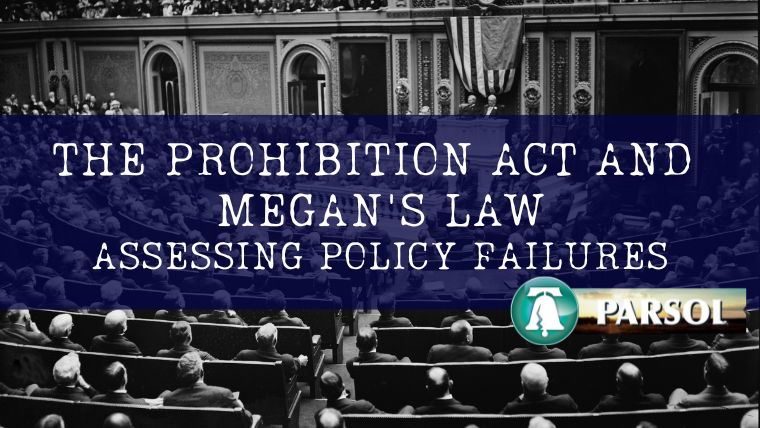Guest Blog Post by C.M.
A scam. An elaborate ruse orchestrated to prey on my fears and vulnerabilities. That’s all this was. But in reality, it was so much more. I live my life in constant fear of “screwing up.” A big part of me questioned the validity of the scenario from the beginning, yet amidst the chaos and confusion, one thought persisted: what if it wasn’t a scam? As someone living under the shadow of past mistakes, the fear of screwing up is a constant companion, a burden that weighs heavily on my shoulders. This ordeal served as a stark reminder of the relentless paranoia and insecurity that plague my daily existence.
I received a phone call at work from someone claiming to be from the sheriff’s office. He said they wanted to speak to an employee there and asked for “Miss C.M.” – that’s me. Immediately, I began scanning my brain, wondering what I could have done to warrant this call. He said he needed to confirm it was me and began to ask do you live at … is this your phone number… etc. – information readily available online through the Pennsylvania Megan’s Law database. I was then patched through to a “lieutenant” who informed me that I had missed court that morning at 9:15 a.m. for a tier reassessment hearing. I told him I had no idea what he was talking about. He said that I had signed for the notification to appear on Sept 25th, and since they had a signed notification and failed to appear, there was a warrant issued for my arrest. He said failure to appear violated my registration requirements – a class C felony. He then said I could either come and turn myself in at the sheriff’s office or they would send someone out to pick me up. At this point, I was baffled, confused, and, quite honestly, scared. Part of me thought, this must be a scam, but what if it isn’t?
I told the caller that I would call my lawyer first, and he had no problem with me doing so. I was very surprised at that response. So, I called my lawyer and told him what happened. He wanted to talk to the “lieutenant,” so I patched him into the call. The two had a conversation, and my lawyer then told me that I should go to the sheriff’s office at the county courthouse and figure out what is going on. At this point, my mind was racing. If my lawyer isn’t seeing any red flags here, maybe this is legitimate.
The “lieutenant” told me that I needed to stay on the phone with them to keep an open line of communication and ensure that I was, in fact, coming to turn myself in. I called my boss, quickly told him I needed to close the office, and briefly filled him in on what had happened. Then, I got in my car and started heading to the courthouse. The “lieutenant” asked for my ETA, and I told him it was about a 20-minute drive. He said he would send me a copy of the arrest warrant and asked me numerous times if I had received it, which I had not. During my drive, I also reached out to someone in the probation office, even though I was no longer under supervision. I sought their advice on the situation and hoped they would tell me this was a scam. To my surprise, they also agreed that what the “lieutenant” said was correct and that I should report to the courthouse. At this moment, I was in total disbelief. My thoughts swirled: “Am I getting arrested? Am I going back to jail? Do I have the money for bail? Should I call someone else?”
The remainder of the drive was a blur of thoughts and anxiety. When I finally arrived at the courthouse, I was directed to a designated parking area. As I navigated the lot, I noticed a man standing near the entrance. He seemed to be watching me, and I felt very uneasy. I received a text message from my boss and co-worker letting me know that they were meeting me at the courthouse, so when I parked my car, I let them know where I was. I exited my vehicle to meet up with them and head into the building.
At this point, the “arrest warrant” finally came through to my phone. I was transferred to another person who wanted to review the warrant with me. After reading the warrant, the person asked what I would do. By now, I was getting angry. This ordeal was going on for upwards of an hour at this point. I said that I have done everything you asked, and I’m here in the parking lot trying to figure out where I need to go. He inquired if I comprehended the section regarding the bail set at $60,000 and pressed for my intentions. Firmly, I replied, “I’m here to turn myself in; that’s what you instructed me to do!” His response was astonishment: “You’re going to turn yourself in? You’re not considering just paying the bail?” I told him that I did not have that kind of money, so the best I could do was show up and try to resolve the matter. With no further discussion, he just hung up.
That was it. He hung up. The interaction was over. The thought gnawed at me, fueling the anxiety that already bubbled beneath the surface. This is my experience as a PFR; every interaction carries weight. It’s a reality that pervades every aspect of daily existence, a constant reminder of past mistakes and the fragility of redemption.
For me, the fear of messing up can be paralyzing. It is right there in every decision I make and every action I take, constantly casting a shadow of doubt and anxiety over my life. The margin for error in this area of my life is zero. Living in this state of perpetual apprehension is exhausting. I feel trapped in a cycle of self-doubt and insecurity, where even the smallest misstep can incur grave consequences.
In the aftermath of the ordeal, I am left grappling with the emotional toll it has taken on me. The scars may not be visible, but they run deep nonetheless – a testament to the insidious nature of fear and mistrust. Yet, even in the darkest moments, there remains a flicker of hope – a hope that one day, things will change. One day, the system will acknowledge the complexity of human behavior and the potential for growth and change instead of condemning individuals to a lifetime of scrutiny and discrimination.
—-
PARSOL reminds everyone that any scams or attempted scam-related activity should be registered with us by using the “Report an Incident/Scam” button at the top of PARSOL.org. Scam activity should also be reported to the Pennsylvania Attorney General and the Pennsylvania State Police Megan’s Law Unit. Read more about the different types of scams PARSOL has learned about at https://parsol.org/scams.



